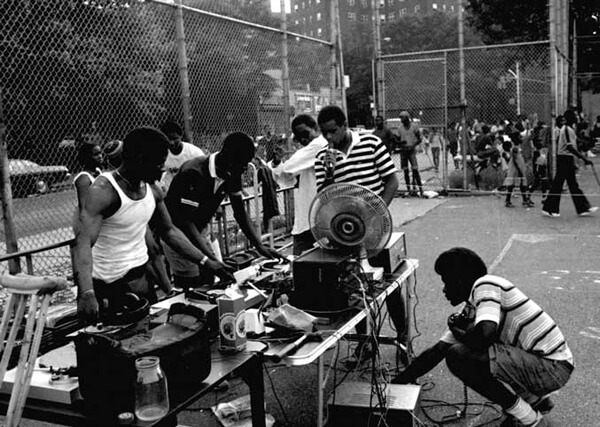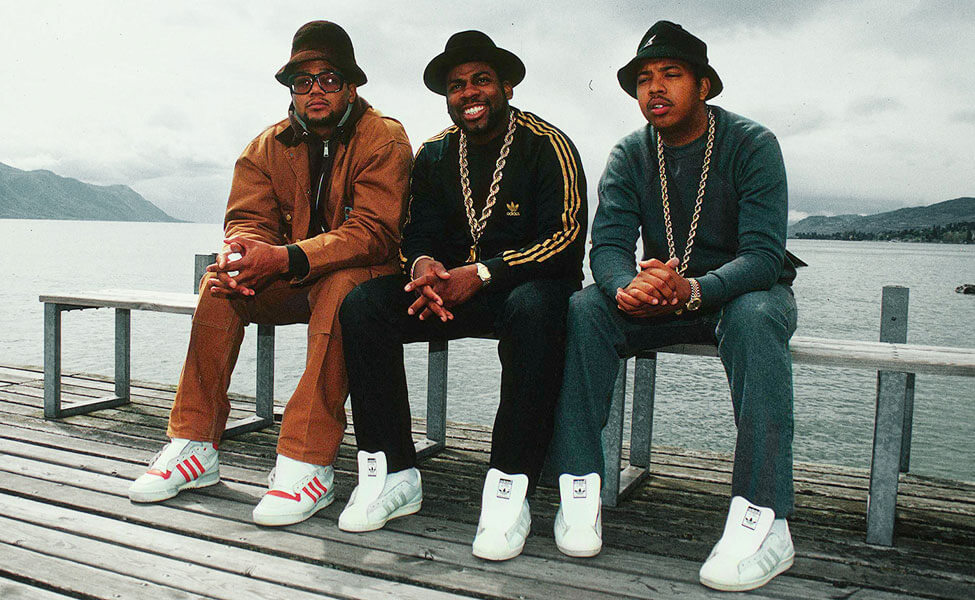Breaking: Beyoncé is “rebuilding country music for black people,” according to Maren Morris. Is There a Secret Conspiracy Behind Her Plan to Upend the Music Industry? Clgt
Beyoncé’s Bold Move Into Country Music Sparks Controversy

The music industry is in an uproar following country star Maren Morris’s recent statement that Beyoncé is “rebuilding country music for Black people.” This revelation comes amid the excitement surrounding Beyoncé’s latest foray into country music with her new single Texas Hold ‘Em and her upcoming album Cowboy Carter. While many see this as a groundbreaking moment in country music, others are questioning whether there is a larger agenda at play.

For decades, country music has been perceived as a predominantly white genre, despite its deep historical roots in Black musical traditions. Beyoncé’s move into this space is being celebrated as a cultural reset—but is it simply a natural evolution of her artistry, or is there something more calculated happening behind the scenes?
A Long History of Black Artists in Country Music
While country music is often associated with white artists, the reality is that its origins are deeply intertwined with Black culture. The banjo, a staple of traditional country music, originated from African musical traditions. Early Black musicians like DeFord Bailey, Charley Pride, and Ray Charles played significant roles in shaping the genre, yet their contributions have often been overlooked or minimized.
Maren Morris has been outspoken about the racial disparities within country music, frequently calling out the industry for its lack of diversity and inclusion. In her latest interview, she suggested that Beyoncé’s entrance into country could be a way to reclaim the genre’s history and redefine it for future generations.

“Beyoncé isn’t just dipping her toes into country—she’s making a statement,” Morris said. “She’s forcing the industry to acknowledge Black artists who have long been excluded from the conversation.”
But while Morris and others see Beyoncé’s move as a long-overdue shift, some skeptics question whether this will lead to real change or if it’s merely a high-profile moment that won’t have lasting impact.

Industry Backlash and Cultural Resistance
Beyoncé’s first major step into country music came in 2016 when she performed Daddy Lessons at the Country Music Association (CMA) Awards alongside The Chicks. While the performance was electrifying, it was also met with mixed reactions. Some country purists argued that Beyoncé didn’t belong in the genre, despite the song’s clear country influences. Others felt the backlash exposed the deep-seated racial biases that still exist in country music.
Fast forward to 2024, and Beyoncé is making an even bigger statement with Texas Hold ‘Em and Cowboy Carter. The single has already topped country charts, proving that audiences are ready to embrace her in this space. However, some traditional country fans remain resistant, questioning whether her involvement is genuine or if she is simply using country as a new platform to expand her dominance in the music industry.
Social media has been flooded with debates about the implications of Beyoncé’s success in country music. While many fans celebrate the diversity she brings to the genre, others claim that country music is being “taken over” by mainstream pop influences.
“Why does Beyoncé need to come into country music?” one critic wrote on X (formerly Twitter). “Can’t country just stay country?”

Others, however, argue that this resistance is rooted in racism rather than a genuine concern for preserving the genre.
A Hidden Strategy or a Cultural Revolution?
Some industry insiders speculate that Beyoncé’s country era is more than just a creative pivot—it’s a calculated move to challenge the structures of the music industry itself.
For years, Black country artists have struggled to gain mainstream recognition, despite their undeniable talent. Artists like Mickey Guyton, Brittney Spencer, and Rhiannon Giddens have all spoken about the barriers they face in country music. Beyoncé’s entrance into the genre could be a way to amplify their voices and force country music institutions to become more inclusive.
On the other hand, some skeptics wonder if this is merely a strategic reinvention for Beyoncé, similar to how Taylor Swift transitioned from country to pop. Will she stay in country music long-term, or is this just another era in her ever-evolving career?
Music historian Dr. Angela Wright suggests that Beyoncé’s move could be both artistic and strategic.
“Beyoncé is a master at using music to make cultural statements,” Wright says. “She’s not just here to sing country songs—she’s here to shake up the industry, challenge stereotypes, and redefine what country music looks like in 2024.”
The Future of Country Music: A Permanent Shift or a Temporary Trend?

One of the biggest questions now is whether Beyoncé’s presence in country music will lead to lasting change or if it will be a fleeting moment. Will her success open the doors for more Black artists in the genre, or will the industry continue to sideline them once the Beyoncé buzz dies down?
If Cowboy Carter becomes a massive hit, it could push record labels and country music gatekeepers to invest more in diverse talent. But if the industry remains resistant, Beyoncé’s country era might end up being an isolated success rather than a true turning point.
Regardless of where the industry lands, one thing is clear: Beyoncé has sparked a conversation that can no longer be ignored. Whether you see her move as a cultural revolution or a carefully calculated power play, there’s no denying that she has once again positioned herself at the center of a major industry shift.
So, is Beyoncé truly rebuilding country music for Black people, as Maren Morris claims? Or is this just another chapter in her legendary career?
Only time will tell.




